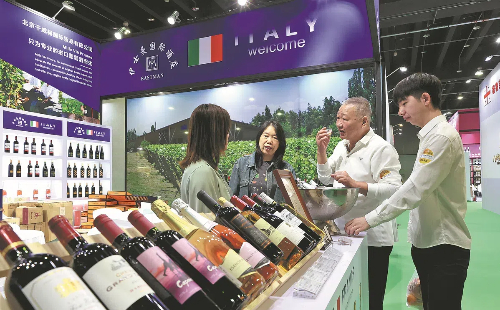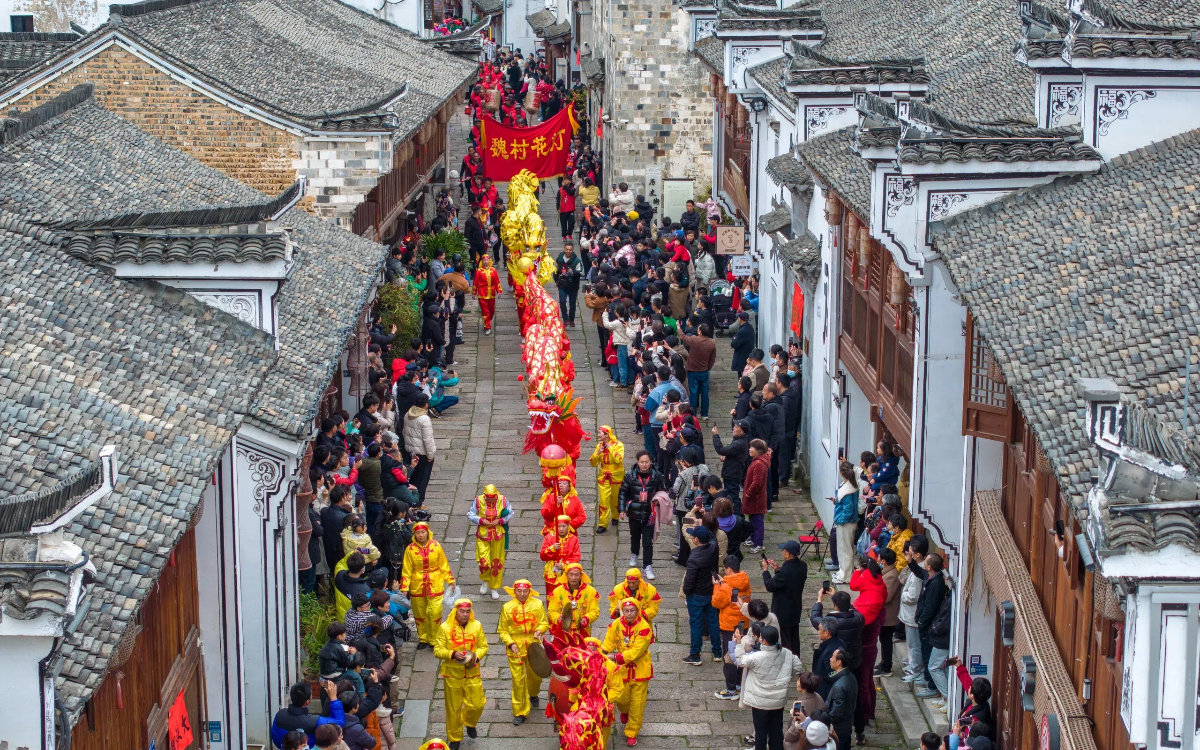Hangzhou's cultural industry thrives
The 17th Hangzhou Cultural & Creative Industry Expo was held at the Baima Lake International Convention and Exhibition Center in Hangzhou, Zhejiang province between Nov 23 and 27.
More than 60 countries and regions, over 5,000 national and international cultural and creative brands, and experts and scholars gathered in Hangzhou during the expo to showcase and discuss the achievements of high-quality development in the cultural industry.
In the first three quarters of 2023, the added value of Hangzhou's cultural industry was 239.5 billion yuan ($33.57 billion), up 11.5 percent year-on-year and accounting for 16.6 percent of its GDP, according to official statistics.
Under the push of macro environment and micro policies, the development of Hangzhou's cultural industry is maintaining a strong momentum.
Before the pandemic, the average annual growth rate remained stable at over 10 percent, while during the pandemic, it continued to rise.
Hangzhou takes the Zhijiang Cultural Industry Belt and the Grand Canal (Hangzhou section) Cultural Industry Belt as the main engine and platform for the high-quality development of its cultural industry.
In 2023, there have been 127 key construction projects along the two belts, with an investment of 141.8 billion yuan.
Hangzhou prioritizes the role of market entities and talent support. By 2022, it had 1,396 cultural enterprises above designated size and 57 listed enterprises in cultural and related industries, more than any other city in China.
Meanwhile, the China Internet Writers Village and Xixi Creative Industrial Park have attracted a large number of cultural celebrities and professionals to move to Hangzhou.
Furthermore, Hangzhou has set up overseas cultural and creative industry exchange centers in the United Kingdom, Italy and Switzerland.
It also has participated in overseas professional cultural exhibitions for many years, like the MIPTV Cannes in France.
In addition, Hangzhou combines the cultural industry with other industries including tourism and intangible cultural heritage.





 play
play